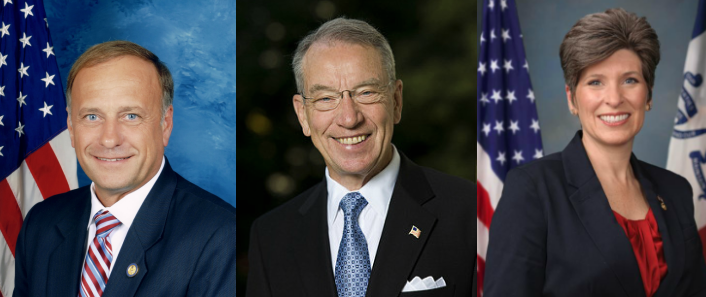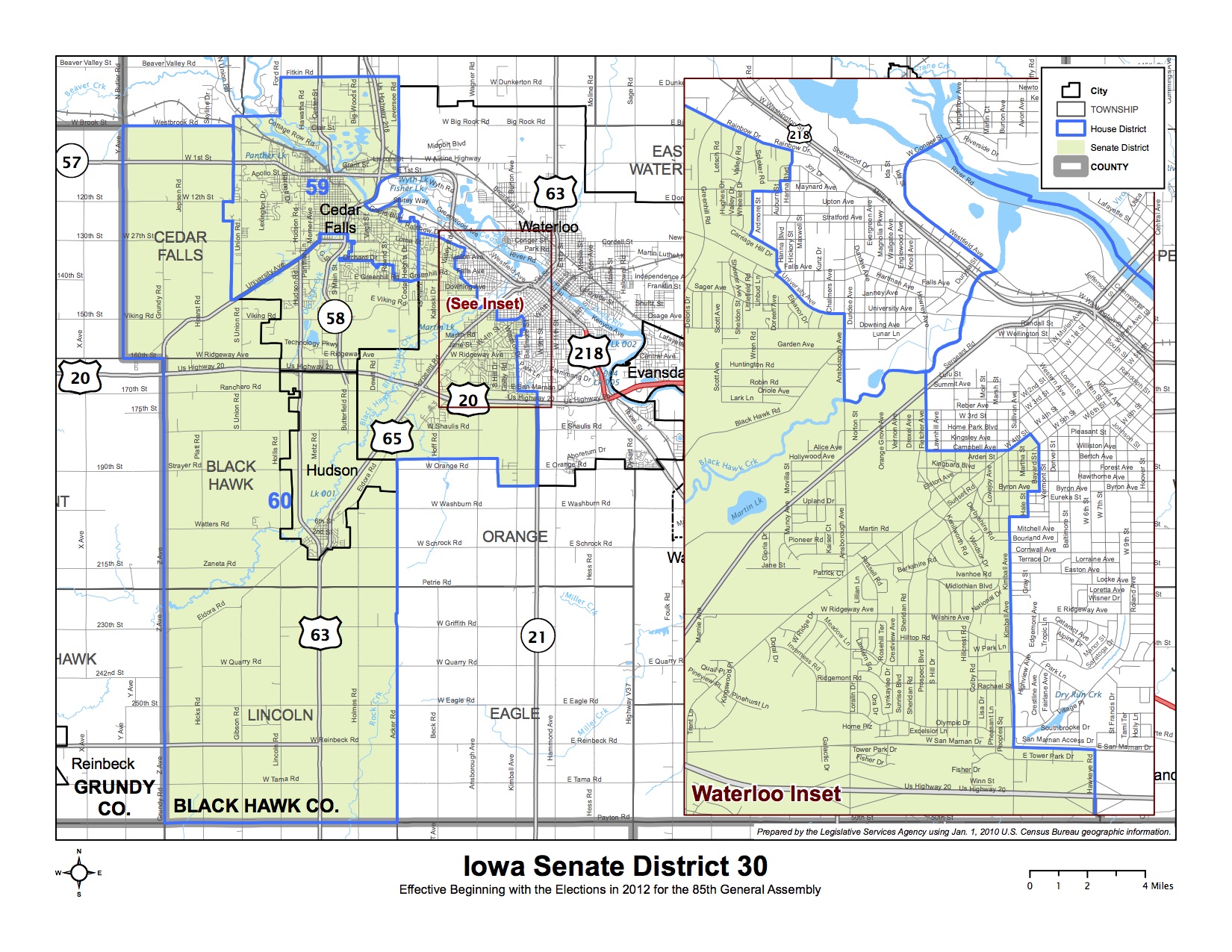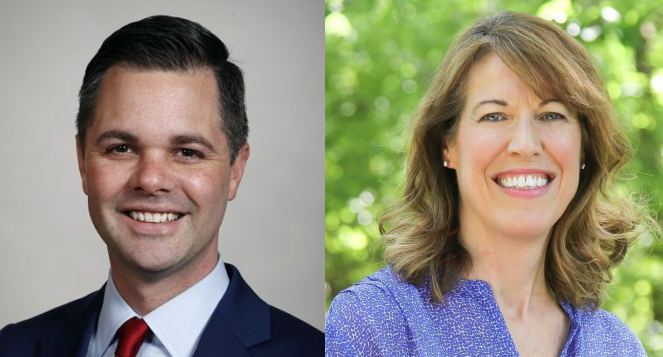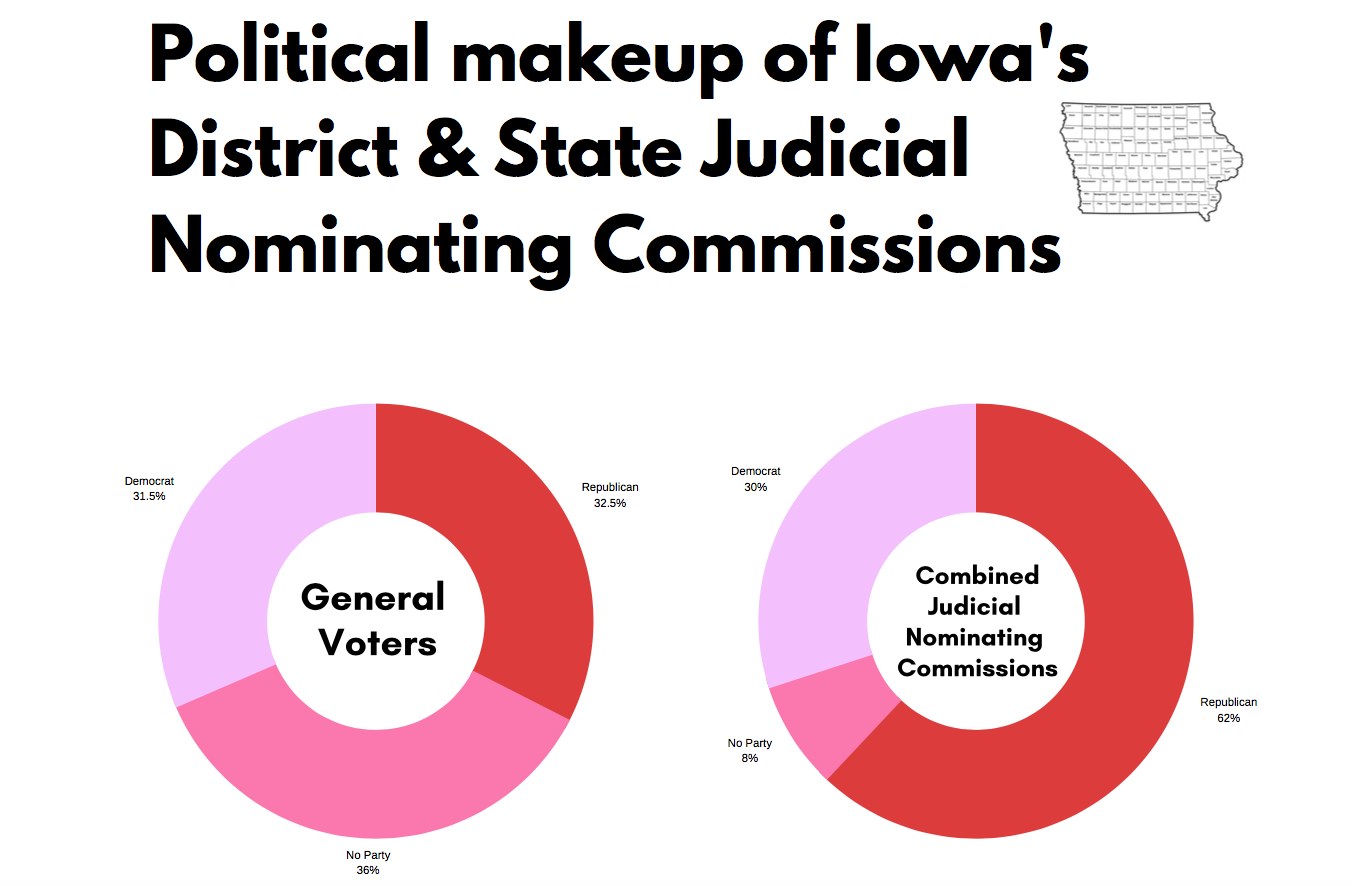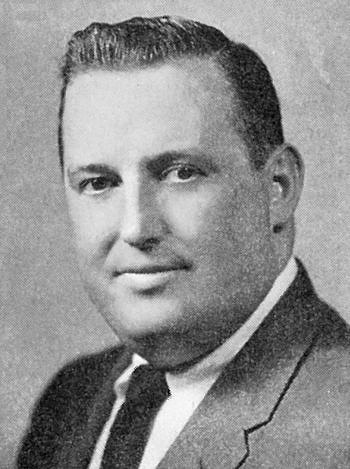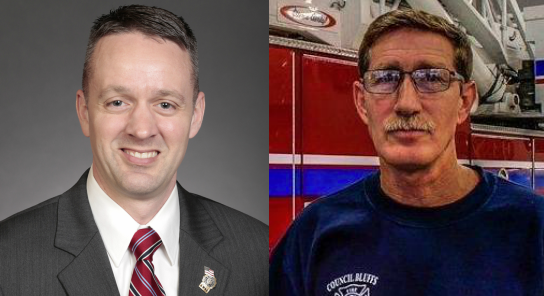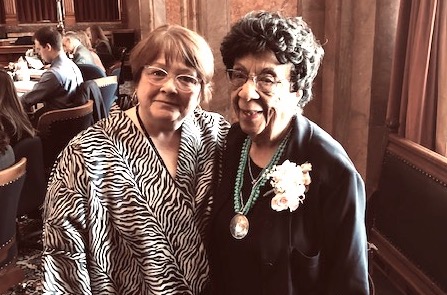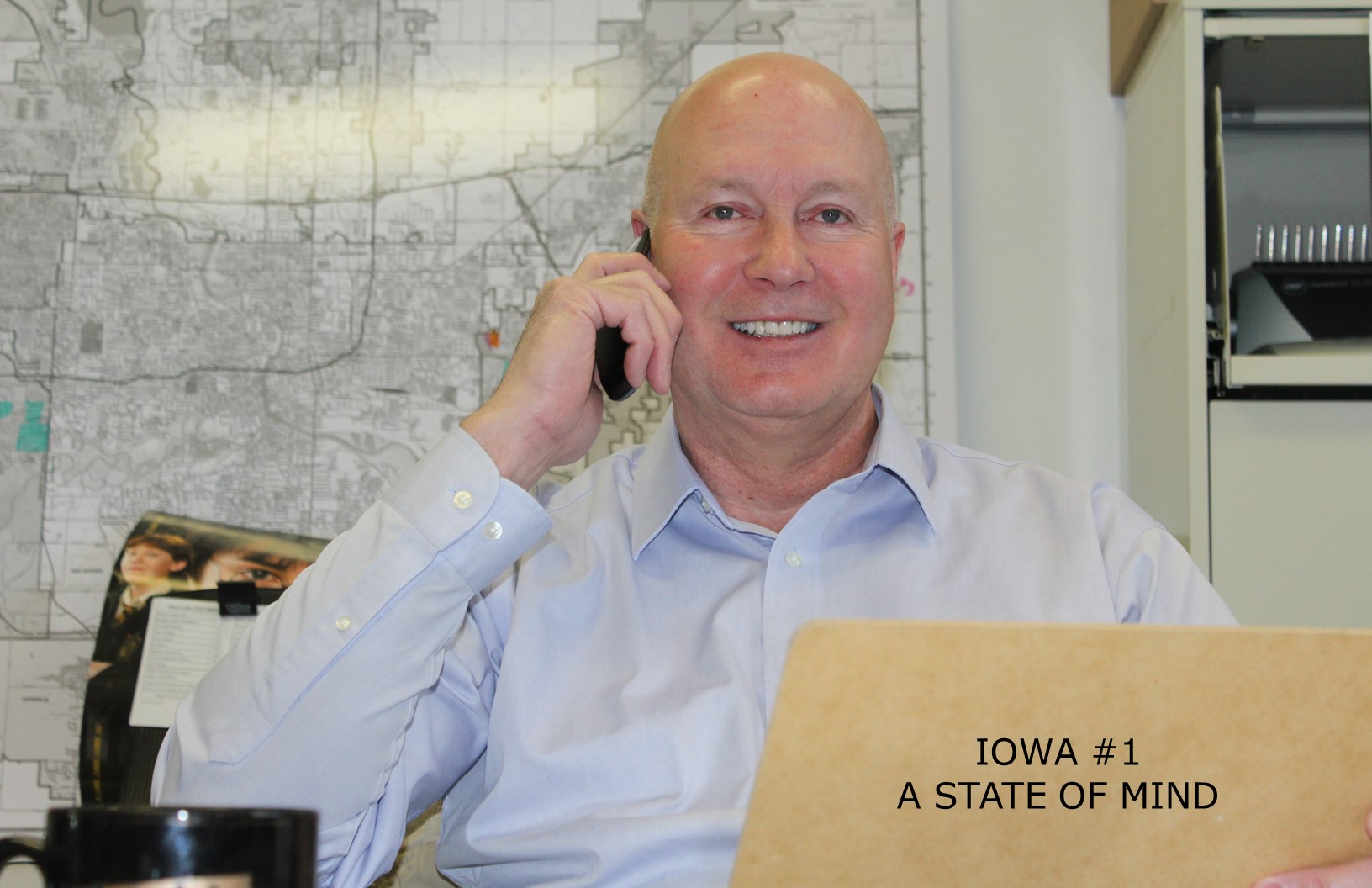UPDATE: Added below information on two more candidates who have expressed interest in this race.
Less than 48 hours after State Senator Jeff Danielson resigned from the legislature, two Democrats have announced their candidacies for next month’s special election in Iowa Senate district 30. Scroll down for background on University of Northern Iowa associated professor Amy Petersen and former United Auto Workers local president Tom Ralston. Several more contenders are considering the race; a special district convention will choose a nominee on February 23.
The healthy competition shows Black Hawk County Democrats are uncowed by the prospect of facing likely Republican candidate Walt Rogers, who represented half of this area for eight years in the Iowa House.


